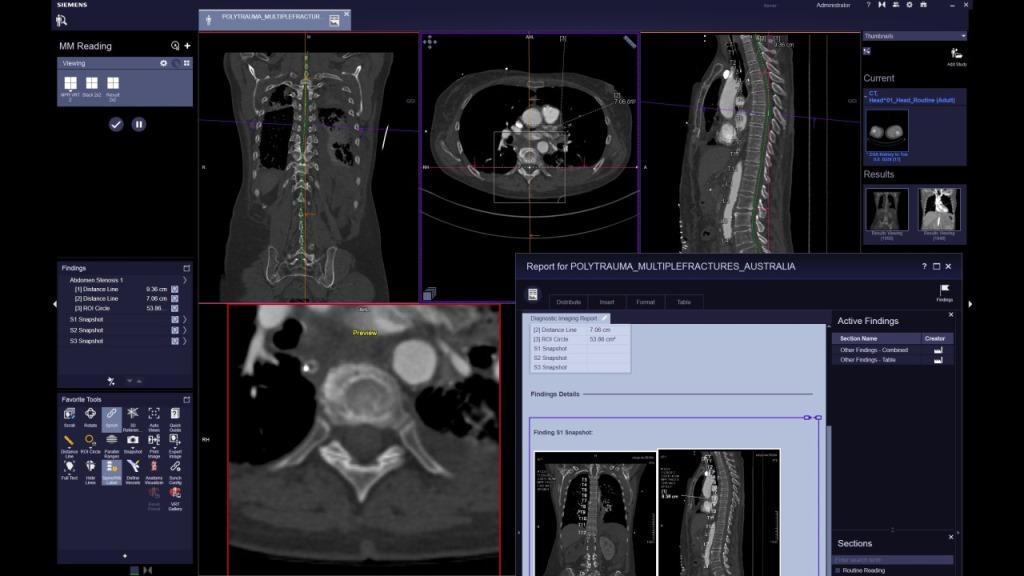Introduction
Your liver plays a vital role in your overall health and well-being, performing functions that are crucial for digestion, metabolism, and detoxification. Protecting your liver function is essential for maintaining optimal health. In this guide, we’ll explore essential health strategies to safeguard your liver and promote longevity.
Understanding the Importance of Liver Health
Before delving into health strategies, it’s important to understand why liver health matters. Your liver is responsible for filtering toxins from your bloodstream, producing bile for digestion, metabolizing nutrients, and storing energy. When your liver function is compromised, it can lead to a range of health issues, including liver disease, fatty liver, and metabolic disorders.
Maintaining a Healthy Diet
One of the most effective ways to protect your liver function is by maintaining a healthy diet. Focus on eating a balanced diet rich in fruits, vegetables, whole grains, lean proteins, and healthy fats. Limit your intake of processed foods, refined sugars, and saturated fats, which can contribute to liver damage and inflammation. Stay hydrated by drinking plenty of water and limit your alcohol consumption, as excessive drinking can damage liver cells and lead to liver disease.
Staying Active
Regular physical activity is not only beneficial for your overall health but also for your liver function. Exercise helps to improve blood flow to the liver, which aids in the detoxification process. Aim for at least 30 minutes of moderate-intensity exercise most days of the week, such as brisk walking, jogging, cycling, or swimming. Incorporate strength training exercises into your routine to build muscle mass and improve metabolic function.
Maintaining a Healthy Weight
Maintaining a healthy weight is essential for liver health. Excess body weight, particularly visceral fat around the abdomen, can increase the risk of fatty liver disease and liver damage. Focus on achieving and maintaining a healthy weight through a combination of regular exercise and a balanced diet. Aim to lose weight gradually and avoid crash diets or extreme weight loss measures, as these can put added stress on your liver.
Limiting Exposure to Toxins
Toxins and environmental pollutants can put added strain on your liver and contribute to liver damage over time. Limit your exposure to toxins by avoiding smoking, which introduces harmful chemicals into your bloodstream, and reducing your exposure to environmental pollutants, such as air pollution and chemical cleaners. Choose organic produce when possible to minimize exposure to pesticides and other chemicals.
Managing Medications and Supplements
Certain medications and supplements can have adverse effects on liver function, particularly when taken in high doses or over long periods. Always follow your healthcare provider’s instructions when taking medications and avoid self-medicating or exceeding recommended dosages. Be cautious when using herbal supplements, as some may interact with medications or have hepatotoxic effects.
Getting Regular Check-ups
Regular check-ups with your healthcare provider are essential for monitoring your liver health and detecting any issues early on. During routine check-ups, your healthcare provider may perform blood tests to assess liver function and screen for signs of liver disease. Be sure to discuss any concerns or symptoms you may have with your healthcare provider, as early detection and intervention can help prevent serious liver problems.
Practicing Safe Sex and Hygiene
Certain infections, such as hepatitis B and C, can lead to liver damage and increase the risk of liver disease. Practice safe sex by using condoms and avoiding sharing needles or other drug paraphernalia. Practice good hygiene by washing your hands regularly and avoiding contact with blood or bodily fluids. If you are at risk for hepatitis B or C, talk to your healthcare provider about vaccination and screening options.
Managing Stress
Chronic stress can have a negative impact on liver health by contributing to inflammation and oxidative stress. Practice stress management techniques such as mindfulness meditation, deep breathing exercises, yoga, or spending time in nature. Prioritize self-care and make time for activities that bring you joy and relaxation. By managing stress effectively, you can support liver health and improve overall well-being.
Conclusion
Protecting liver function is essential for maintaining optimal health and well-being. By following these essential health strategies, you can safeguard your liver and promote longevity. Remember to maintain a healthy diet, stay active, manage your weight, limit exposure to toxins, and get regular check-ups with your healthcare provider. With proper care and attention, you can support your liver health and enjoy a healthier, happier life. Read more about liver care tips





